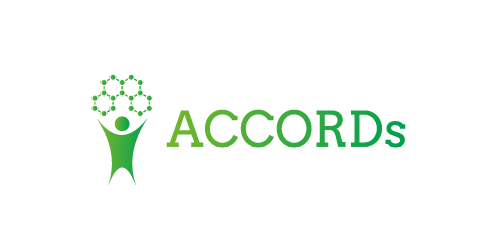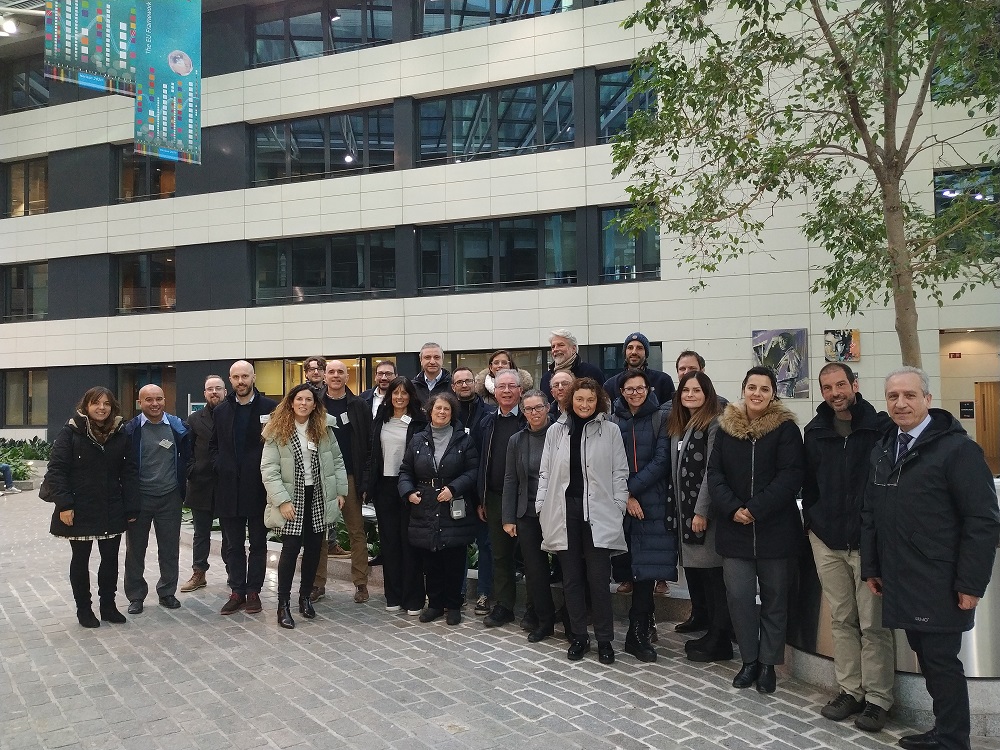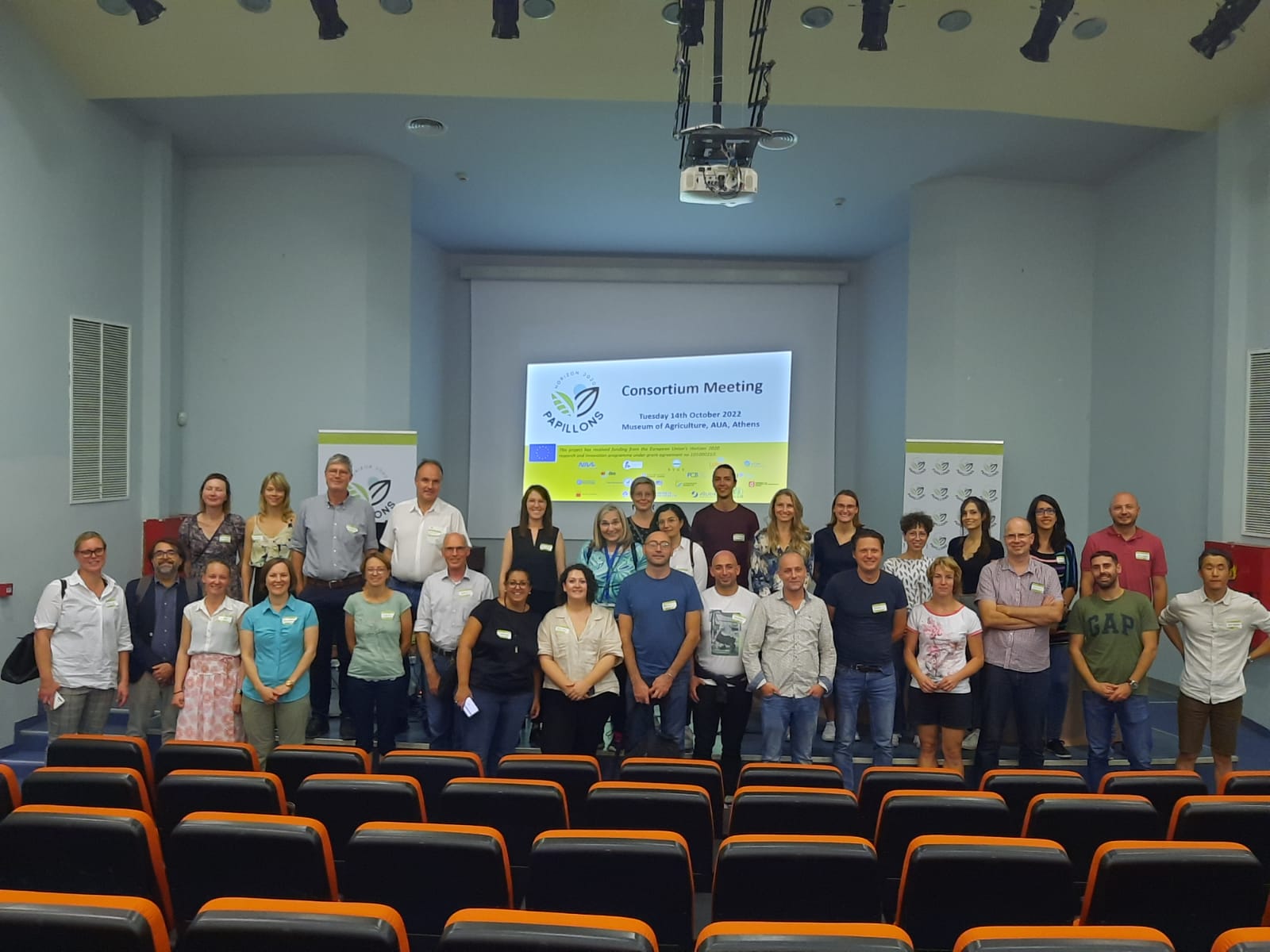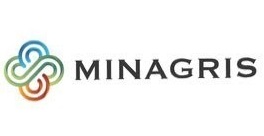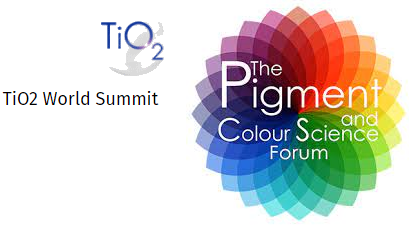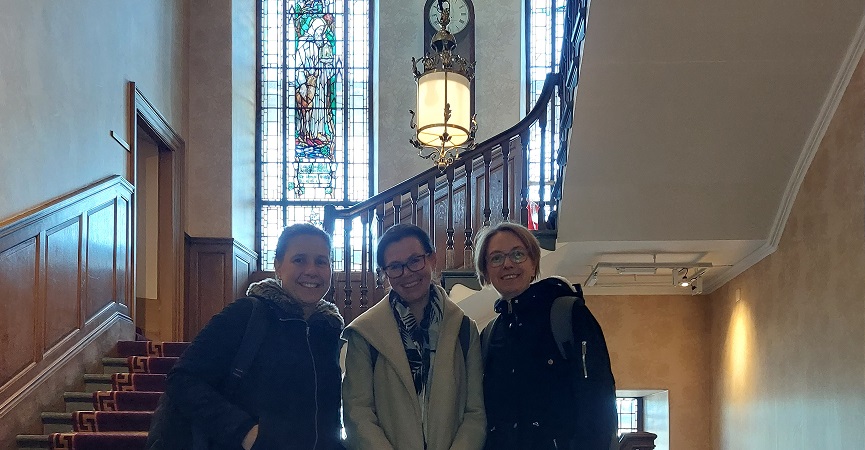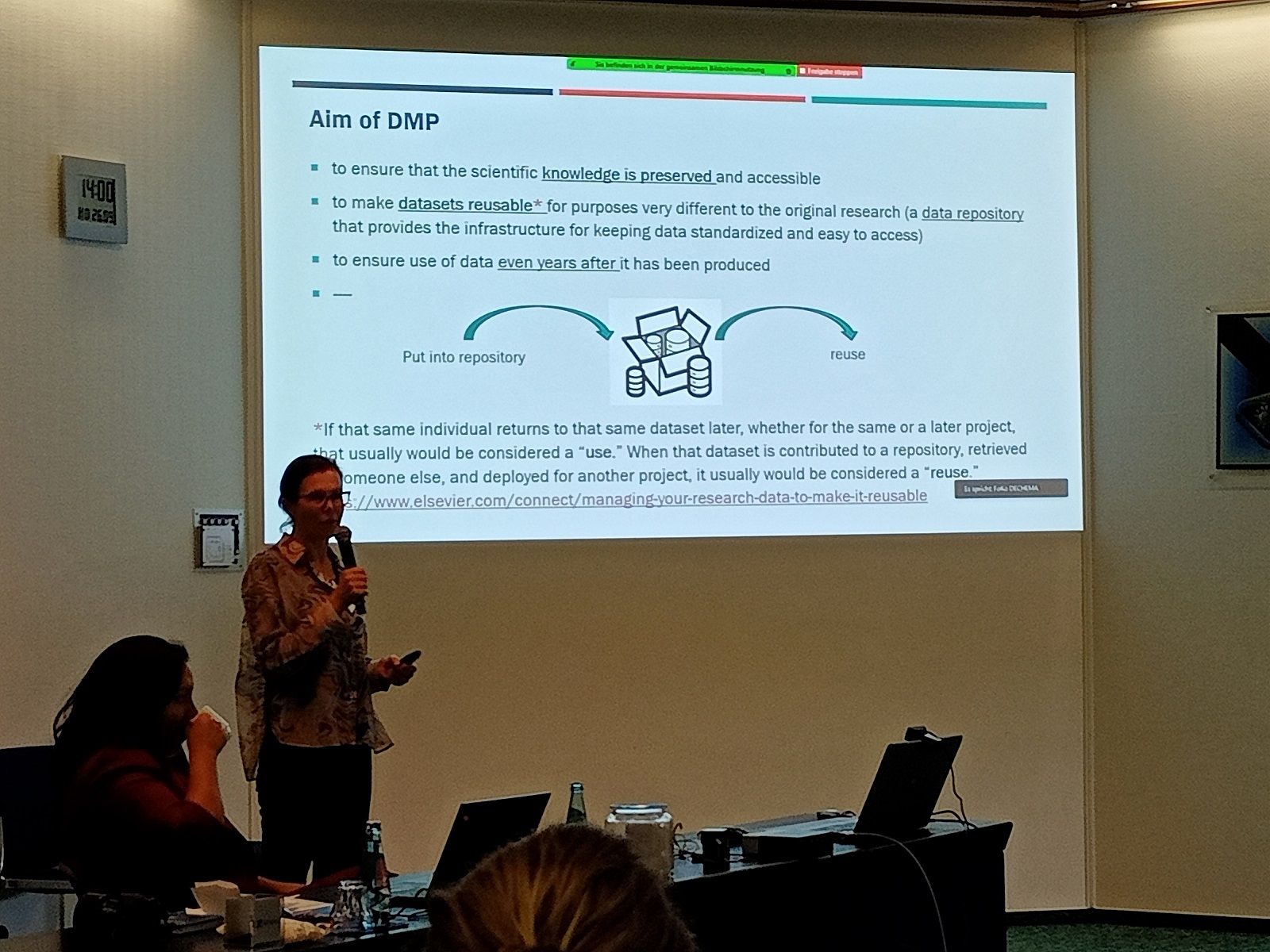Modulation of chlorpyrifos toxicity to soil arthropods by simultaneous exposure to polyester microfibers or tire particle microplastics
Synthetic fibers released from sewage sludge and tire particles released from traffic are among the most common types of microplastics in soil. In soil, microplastics may interact with chemicals, such as plant protection products used in agriculture. Most studies on the interactions of microplastics and chemicals focused on aquatic environments and only few addressed soil arthropods. To increase the understanding ...
Read More
Defining quality criteria for nanoplastic hazard evaluation : the case of polystyrene nanoplastics and aquatic invertebrate Daphnia spp.
Polystyrene nanoparticles are the most investigated type of nanoplastics in environmental hazard studies. It remains unclear whether nanoplastic particles pose a hazard towards aquatic organisms. Thus, it was our aim to investigate whether the existing studies and data provided therein are reliable in terms of data completeness. We used the example of Daphnia spp. studies for the purpose of polystyrene nanoplastic (nanoPS) ...
Read More
Antibacterial and degradation properties of dialdehyded and aminohexamethylated nanocelluloses
Dialdehyde cellulose nanofibrils (CNF) and nanocrystals (CNC) were prepared via periodate oxidation (CNF/CNC-ox) and subsequently functionalized with hexamethylenediamine (HMDA) via a Schiff-base reaction, resulting in partially crosslinked micro-sized (0.5–10 μm) particles (CNF/CNC-ox-HMDA) with an aggregation and sedimentation tendency in an aqueous media, as assessed by Dynamic Light Scattering and Scanning Electron Microscopy. The antibacterial efficacy, aquatic in vivo (to Daphnia magna) and ...
Read More
ACCORDs Project arranged its Kickoff Meeting in Ljubljana
On January 31st and February 1st members from the whole consortium had the first meeting of the project at the University of Ljubljana. The consortium, composed by 10 participants, counts on relevant expertise in the synthesis, characterisation and commercialisation of advanced materials, namely Graphene Family Materials (GFMs) as representatives of 2D nanomaterials. Further relevant profiles, with demonstrated knowledge in standardisation, ...
Read More
REPOXYBLE: Kick-Off Meeting; New EU project on bio-based plastics for automotive and aerospace just started
The new Horizon Europe project REPOXYBLE started on January 18th at Brussels.
The project will create a new class of high-performance materials targeting cost and energy effectiveness, recyclability, and sustainability, for the aerospace and automotive sectors. The approach implemented throughout the project will be Safe and Sustainable by Design (SSbD), holistic and multidisciplinary.
As the Green Deal and the Digital Decade establish ...
Read More
Papillons consortium meeting Athens 2022
PAPILLONS consortium workshop, general assembly, and stakeholder forum was recently held in Athens. Stakeholder forum was organized jointly with a sister project MINAGRIS.
Read More
participation at Minagris Consortium Meeting, Ljubljana 2022
prof. Drobne participated at Minagris Consortium Meeting, Ljubljana 2022. She presented work done within Plasticsfate project and CUSP.
Read More
Pigment & Colour Science Forum and TiO2 World Summit
prof. Drobne attended the TiO2 World Summit held in Amsterdam, The Netherlands (5-6 October 2022). She presented work within NANORIGO project: "A new approach to assess knowledge, information, and data readiness Levels (KaRLs) for risk governance: tested on (nano)TiO2".
Read More
Plasticsfate consortium meeting in Edinburgh
UL is a member of PlasticsFate project. In september, we attended the first in person consortium meeting in Edinburgh. See a movie about our discussions and follow us for more news.
Read More
NOVA Kick-Off Meeting
Bionanoteam is a partner in the NOVA (Next Generation BiOactiVe NAnocoatings) project. NOVA aims to provide a comprehensive approach to the development of antimicrobial coatings by creating an effective feedback loop between coating design, end use and functional/safety testing. In September 2022, members of the Bionanoteam participated in the kickoff meeting for the NOVA project in Salzburg
Read More
Biotechnical Faculty
University of Ljubljana
Večna pot 111
1000 Ljubljana
Slovenia
+386 1 320 3375
email | bibliography
Bionanoteam is a research group at the Biotechnical Faculty, University of Ljubljana.
Founded in 2008 by Prof. Damjana Drobne, Bionanoteam currently consists of 3 experienced researchers, 2 PhD candidates, 1 technical assistant and a number of graduate and undergraduate students. Damjana is a Professor of Zoology and Professor of Toxicology from University of Ljubljana. With over twenty years of research experience, she is the founder and principal investigator of Bionanoteam.

